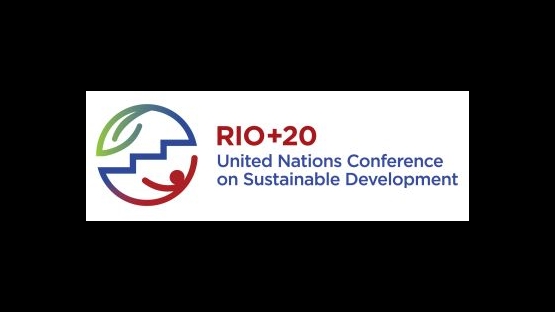NEW BROCHURE: The IAEA at Rio+20: Nuclear Technology for a Sustainable Future
Nuclear technologies are used daily to find and protect sustainable sources of fresh water, produce energy and food,
while providing researchers the tools to study the ocean's past and predict its future.
The IAEA works to apply nuclear technology in four of the seven areas identified as priorities for Rio+20: energy, food, water and oceans.
Access to affordable energy is essential for attaining any development goals. The IAEA helps countries to identify their current and future energy needs, and to develop plans to meet these needs. If countries choose to pursue nuclear power, the IAEA helps them to do so safely, securely, economically and sustainably. The IAEA also verifies that nuclear energy is used for peaceful purposes only, thereby directly contributing to international peace and security. Its safety standards, assistance and reviews increase safety to the benefit of human health and the environment.
In agriculture and food security, nuclear techniques are used to breed improved crops, enhance livestock reproduction and nutrition, and control animal and plant pests and diseases. Higher and more reliable yields improve farmer's livelihoods, and better quality and safer food is available for consumers. Isotopic techniques are applied for better soil and water management.
In water resource management, nuclear techniques are used to map and manage ground water resources, helping decision makers to make informed choices that will support effective and sustainable water resource management. Nuclear techniques are also used to enhance water use efficiency in agriculture, and to understand and support better management of the marine environment. Nuclear techniques are used to monitor and assess effects of climate change on the oceans, and to validate global climate models and ocean circulation models.
Various delivery mechanisms, such as the technical cooperation (TC) programme and coordinated research activities (CRAs) provide IAEA Member States with access to the benefits of nuclear technology. CRAs help countries to develop cutting edge technologies through research in nuclear techniques, and TC projects apply these methodologies to address priority development needs in areas as diverse as human health, food and agriculture, water and the environment.






